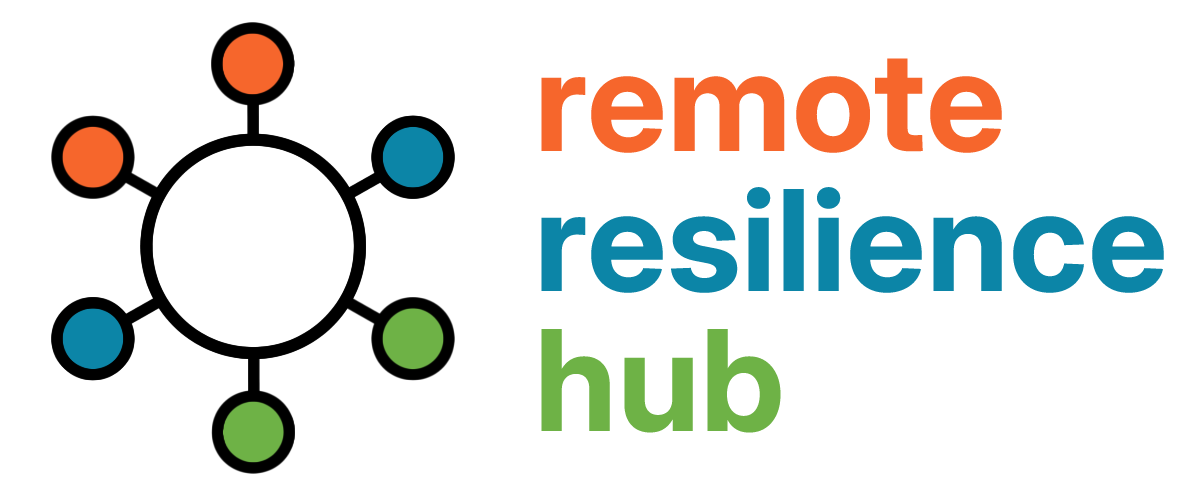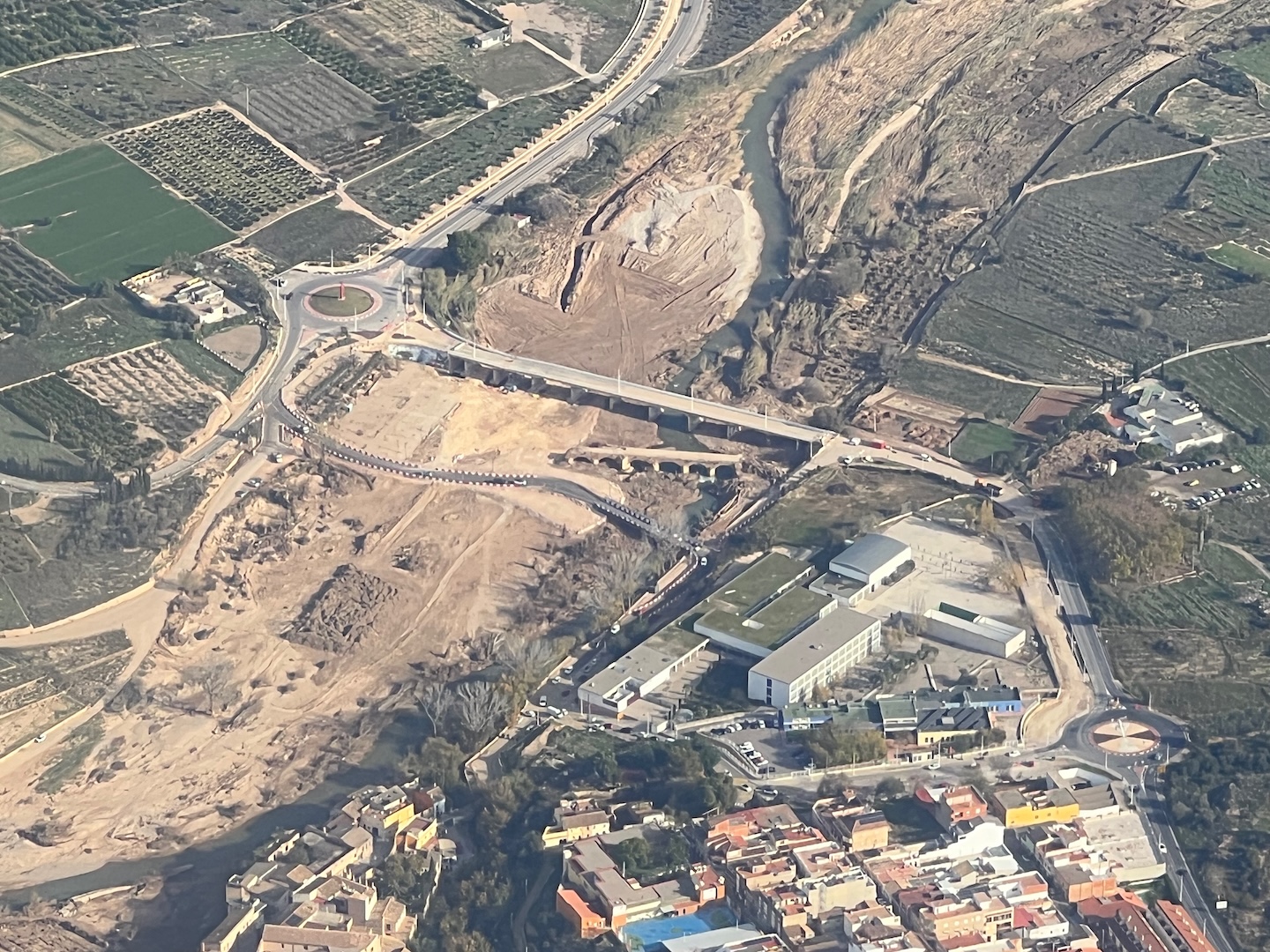A year ago this week, Valencia was hit by the most devastating floods in living memory. The 2024 DANA left deep scars across our city and region, claiming more than 220 lives, displacing thousands, and paralysing the economy.
Beyond the human and environmental toll, the productivity shock was immense. CaixaBank Research estimated weekly losses exceeding €200 million, with more than 218,000 workers affected by collapsed transport networks and disrupted communications. For many, even once the water receded, work could not simply resume. The systems and infrastructure that underpin everyday productivity were washed away too, from phone lines to roads and railway links.
People literally could not get to work.
For those of us living here, it was not an abstract crisis. It was our near neighbours digging through the mud. Colleagues cut off from their workplaces. Local shops and cafés shuttered for weeks.
From helplessness to purpose
Like so many others, we wanted to help. But while some brought shovels and vans, our own tools were laptops, networks, and experience. In the weeks and months that followed, we realised that our professional skills – in remote work, distributed collaboration, and communication – could also serve this community.
That idea became the seed of the Remote Resilience Hub: a project born from the desire to contribute something lasting to the city we call home.
We are not disaster forecasters, and certainly not opportunists betting on future crises. We are long-term residents who love this city – foreigners, yes, but also adopted Valencians, living and raising families here – and we want to help build capacity and continuity, using the tools we know best.
Building resilience for an uncertain future
The experience of the DANA, followed by the April apagón that again silenced phones and disrupted communication, revealed how fragile even a modern, tech-savvy city can be. When commuting collapses, productivity collapses with it. When networks go down, coordination falters. And international remote workers are doubly affected, being isolated by language and custom as well as simple technology.
The Remote Resilience Hub exists to strengthen that fabric, not by replacing what already works, but by connecting and amplifying it. Over the past year, we’ve built a set of practical tools to help Valencia prepare for whatever the future brings:
- The RRH app and onboarding AI – now ready for community testing – guides new and existing remote workers through daily-life essentials, helping them integrate, access services, and connect with local opportunities and support.
- The Remote Readiness management framework – available today for teams and organisations in assessment and book form, helps employers strengthen distributed working practices, ensuring business continuity even when office-based work isn’t possible.
- ResilienceLink, our mesh communication prototype, will enter field testing next month. It’s a decentralised, low-bandwidth network designed to keep communities connected if regular systems fail again.
According to the World Meteorological Organization, the Valencia floods represented one of Europe’s most devastating flood-related disasters in 2024, with 70% of all flood deaths in Europe that year occurring in the Valencia region. The catastrophe highlighted critical gaps in urban planning, early warning systems, and disaster preparedness—lessons that continue to shape our approach to building resilience.
A collaborative path forward
Real resilience depends on collaboration — between public institutions, local businesses, and the international community that calls Valencia home. Our goal is to complement, not compete with, existing initiatives: to build bridges, strengthen networks, and make sure no one faces disruption in isolation.
One year on from the DANA, the memory still hurts. But the lessons endure. The storms may have passed, yet the responsibility to prepare — together — remains.
If you’d like to learn more, contribute feedback, or get involved in testing, please connect with us.

